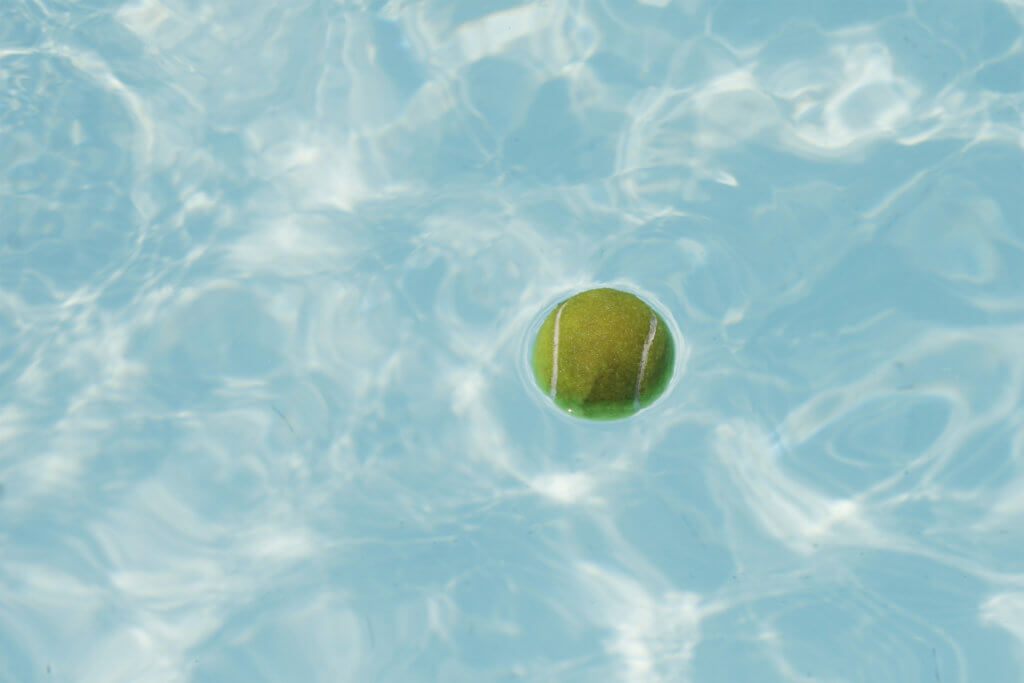A few days ago, a client was telling me about having an especially challenging week; the kind where her toddler was more difficult than usual, work threw in some surprise stress, and managing the household was a struggle. She felt exhausted, overwhelmed, and alone.
Little did she know that I understood exactly how she felt. Last week had proved extra difficult with my own two toddlers, my partner being back in school made him less available to help with meals and sanity, and we always seem to have an endless list of repairs for our vehicles. Most recently: something in my power steering line ruptured and his transmission is sounding pretty threatening.
The client and I brainstorm some ways for her to get extra support or even how to manage getting a 10-minute break in the evenings — perhaps her husband is feeling similarly burnt out and they can take turns being off duty.
That’s when she said the most brilliant thing.
“I feel like one of those old flip phones that doesn’t hold a charge. I can get a break to recharge but after a few minutes, my battery is dying again.”
It was the most perfect analogy. I can distinctly remember many moments where I needed a break from the chaos of life but even when I got one, stepping back into the chaos drained my battery almost instantly. It was as if I hadn’t even gotten a break no matter how long the break was.
Those times feel more defeating than words. How can I be a good mom if the breaks aren’t enough and my reset button isn’t working? Luckily this isn’t all of the times. There are some times when the brake is enough. It successfully recharges me and my battery stays strong and full, more resilient against to the chaos. These are the times when I am practicing mindfulness.
Being mindful and using mindfulness exercises is a practiced skill rather than a technique for times of chaos only. It has to be familiar, learned, and practiced over a period of time so that it can be truly effective. But even a few minutes here or there on a daily basis can be astoundingly soothing and provide a series of mental health benefits.
We all could use some practice integrating mindfulness into our daily lives. Not as a trendy new buzzword but as a way to effectively recharge and reset. Mindfulness physiologically calms and relaxes our body, settling the nervous system. To read more about this, check out “Meditation and the Physical Body.” It also changes our perspective.
“In shallow men the fish of little thoughts cause much commotion. In oceanic minds the whales of inspiration make hardly a ruffle.” – Sri Yukteswar
When our minds are operating in their normal shallow ranges and we experience the toddler whining, the clock ticking, and the harsh tone from a loved one (likely also just as burned out as we are). These thoughts and triggers take up a lot of space. With mindfulness, we are expanding our mind and our perspective. We learn that we can hold much more with far less distress.

Imagine a tennis ball in your bathtub. As it floats and you sit, you are going to bump into it over and over again. Now put that tennis ball into a swimming pool and you could stay in long enough to get a sunburn before you even notice that ball floating in the corner. Wouldn’t that be nice? With negative temperatures right now, a swimming pool sounds nice, too!
Want to learn more about how to integrate mindful awareness into your own life to better manage your stress? Consider joining Kelsey for the next Mindfulness for Stress Reduction 4-week workshop.

